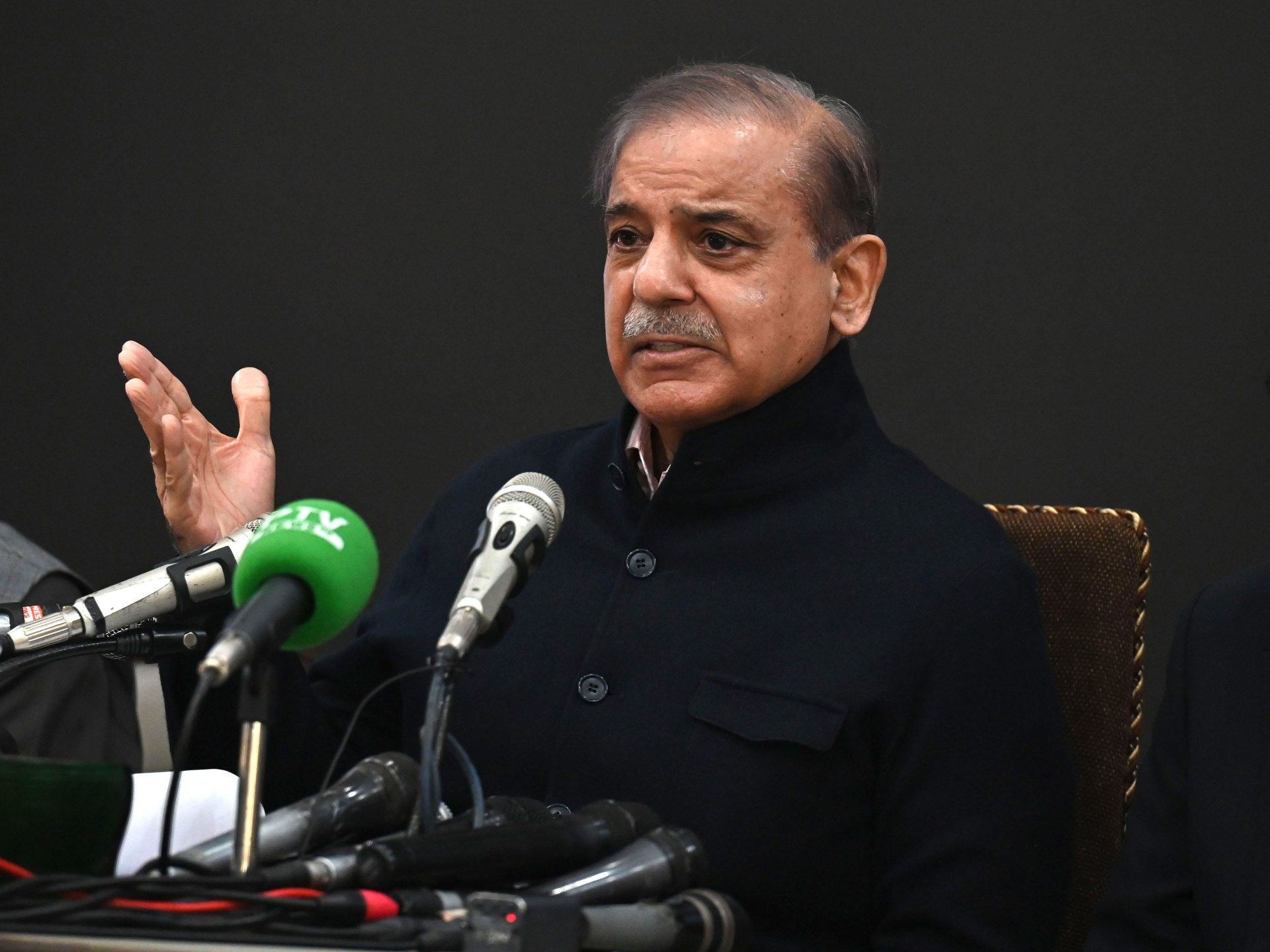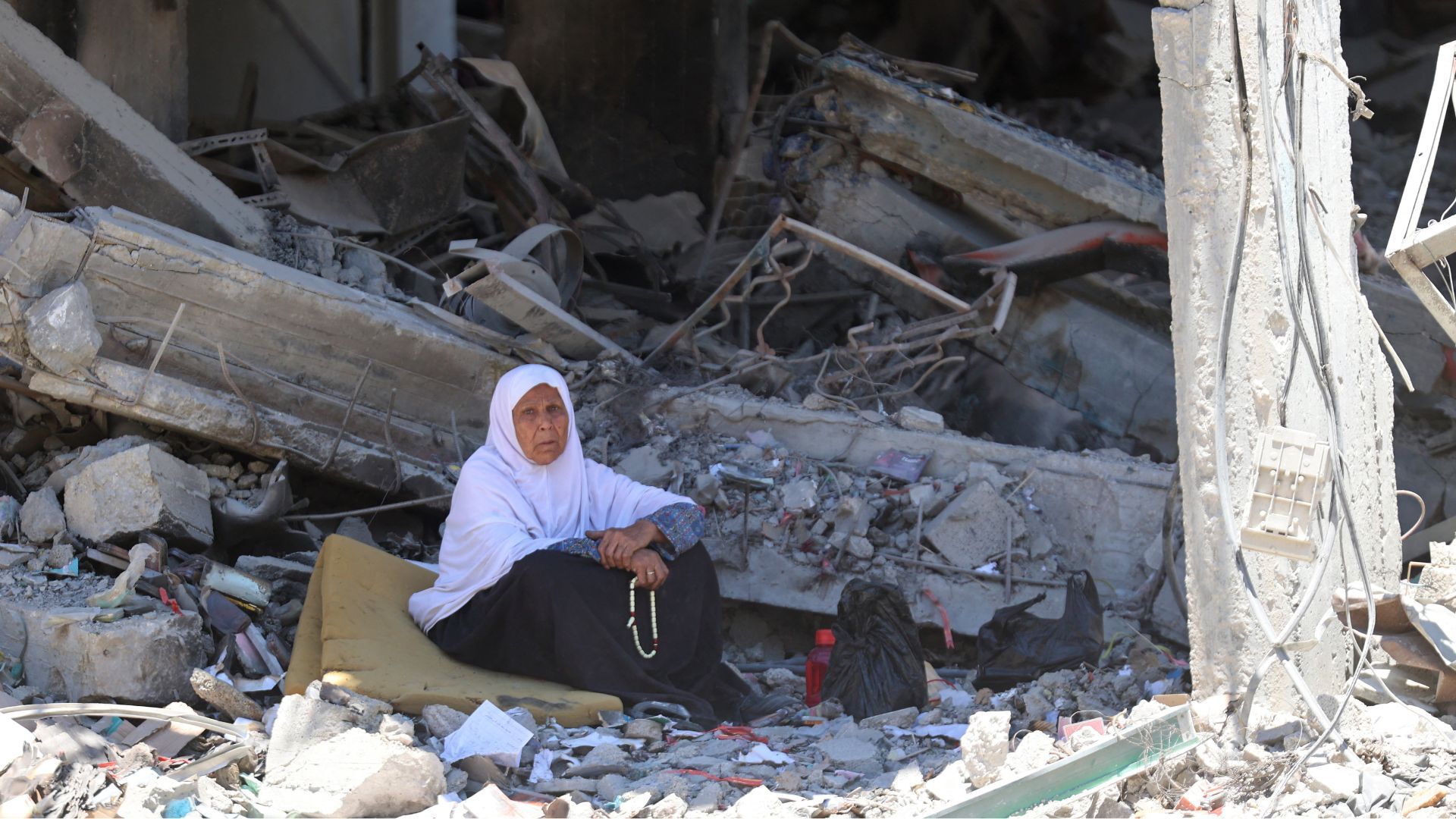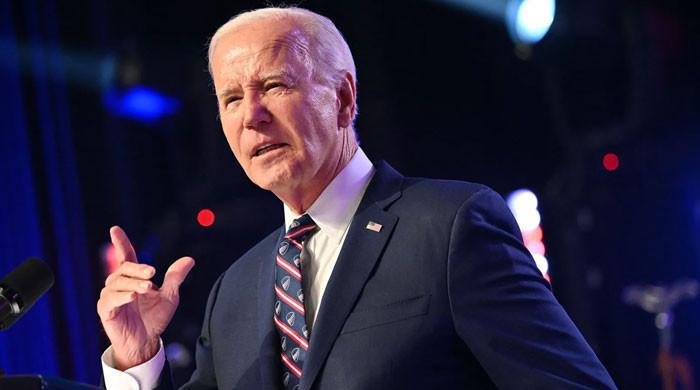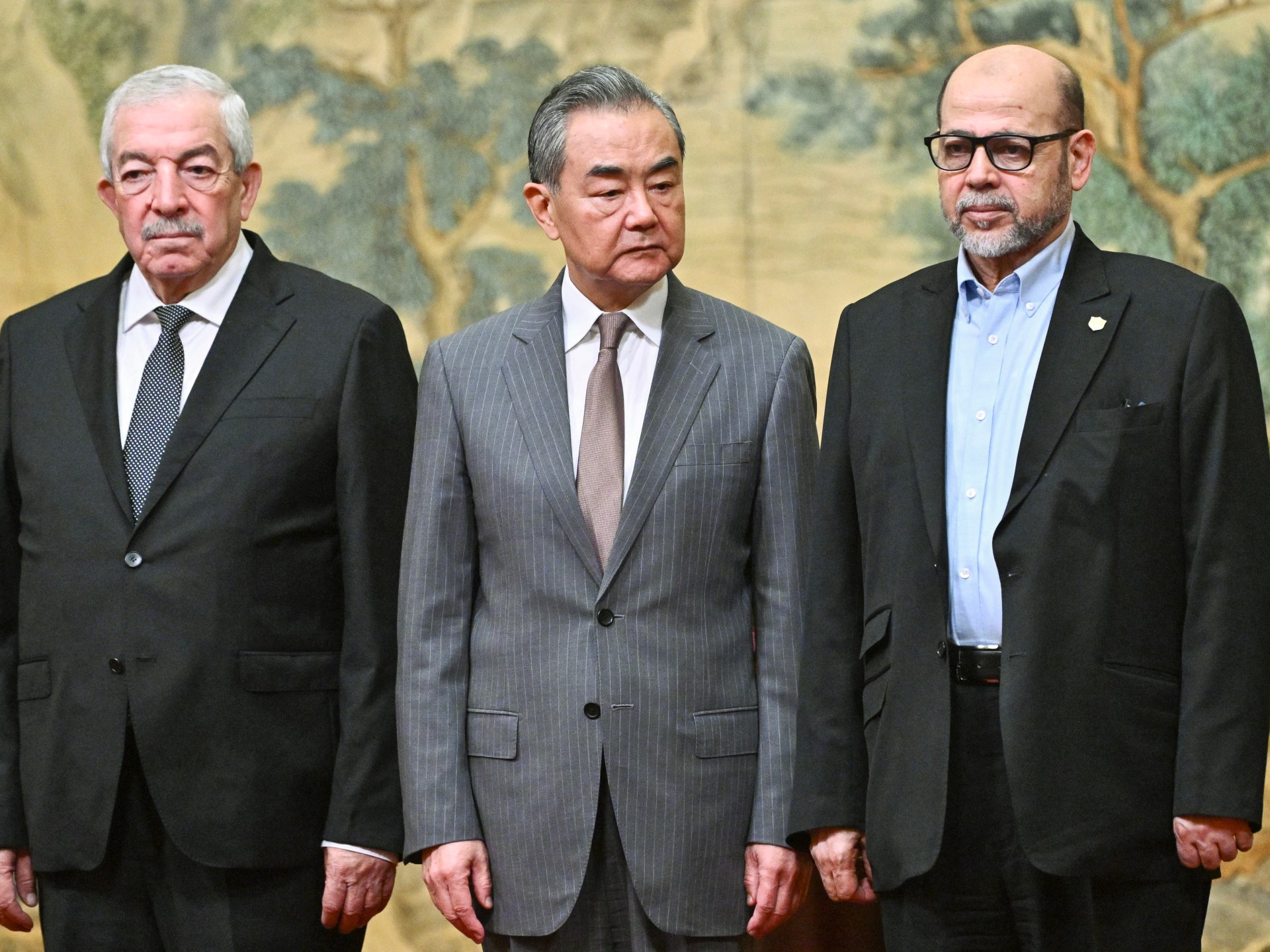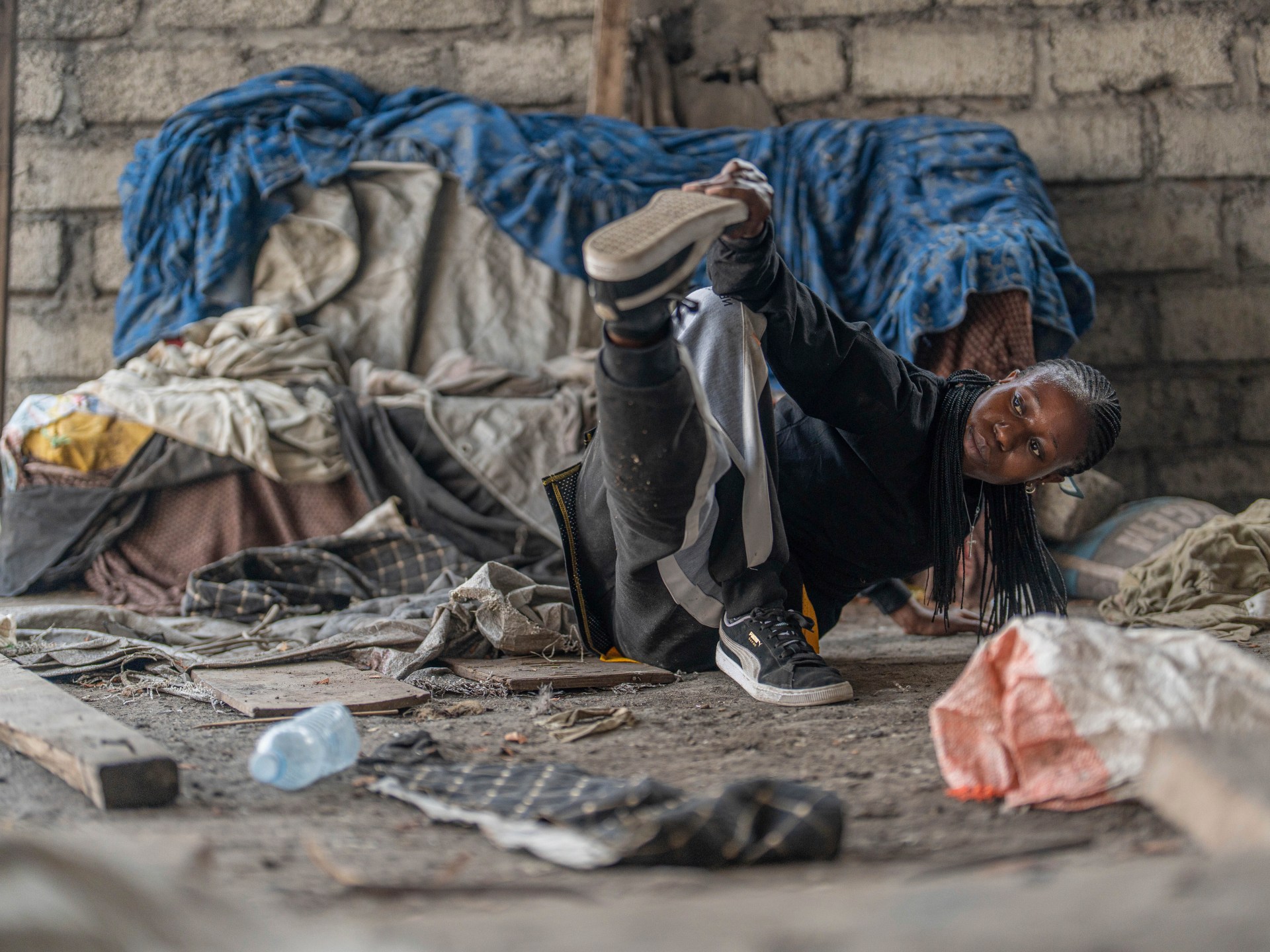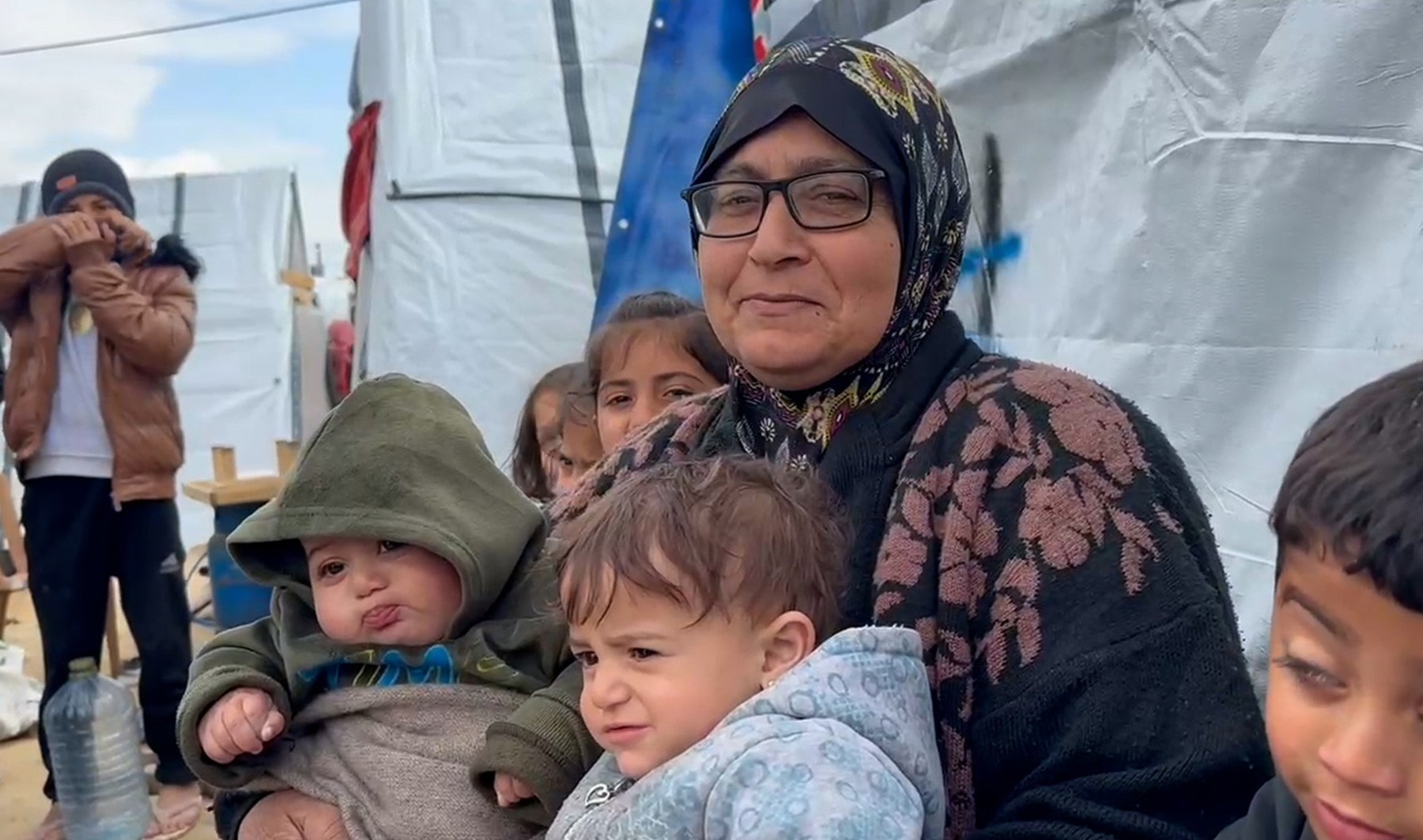The approval comes more than two months after the international lender and Islamabad said they had reached an agreement on the program.
The International Monetary Fund (IMF) has approved a new $7 billion loan for cash-strapped Pakistan, officials said, more than two months after the two sides said they had reached an agreement.
Prime Minister Shehbaz Sharif in a statement on Wednesday hailed the deal his team has been negotiating with the IMF since June and thanked IMF chief Kristalina Georgieva and her team for the approval.
Islamabad had been working on implementing what Sharif had previously described as “strict” IMF conditions for completing the 37-month loan programme, which the country hopes will be its last.
Sharif, speaking on the sidelines of the United Nations General Assembly, told Pakistani media that the country had met all the lender's conditions, with the help of China and Saudi Arabia.
“Without their support, this would not have been possible,” he said, without elaborating on what help Beijing and Riyadh had provided to achieve the deal.
As of earlier this month, Pakistan's external debt stood at more than $130 billion, with nearly 30 percent owed to China, its closest ally and a perceived rival of the Western bloc.
The country will have to repay nearly $90 billion over the next three years, with the next major payment due in December.
Loan renewals or disbursements from Pakistan's long-standing allies, in addition to IMF financing, have helped the country meet its external financing needs in the past.
The government has also promised to increase its tax collection, in line with IMF requirements, despite protests in recent months by retailers and some opposition parties over the new tax scheme and high electricity rates.
Pakistan has been struggling with boom-and-bust economic cycles for decades, leading to 22 IMF bailouts since 1958. The country is currently the IMF's fifth-largest debtor, owing $6.28 billion as of July 11, according to the lender's data.
The latest economic crisis has been the longest-running and has seen Pakistan face its highest inflation ever, pushing the country to the brink of sovereign default last summer ahead of an IMF bailout.
Inflation has since moderated and credit rating agency Moody's has upgraded Pakistan's local and foreign currency issuer and senior unsecured debt ratings to “Caa2” from “Caa3,” citing improving macroeconomic conditions and moderately better government liquidity and external positions.

